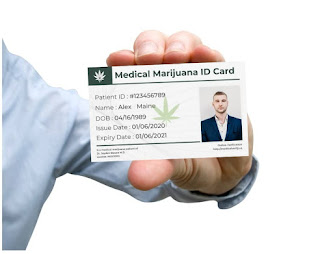What is PTSD? Symptoms, Causes and Treatment
What is PTSD?
Post-traumatic stress disorder (PTSD) is a mental health condition that's triggered by a terrifying event — either experiencing it or witnessing it. Symptoms may include flashbacks, nightmares, and severe anxiety, as well as uncontrollable thoughts about the event.
Most people who go through traumatic events may have temporary difficulty adjusting and coping, but with time and good self-care, they usually get better. If the symptoms get worse, last for months or even years, and interfere with your day-to-day functioning, you may have PTSD.Symptoms of PTSD
Reliving the event. This can include flashbacks, nightmares, intrusive thoughts, and physical symptoms such as pain or nausea.
Avoiding people or places that remind you of the traumatic event. You might distract yourself with work or hobbies, and try not to talk about what happened. You may try to deal with the pain by becoming emotionally numb.
Feeling on edge. You might be easily startled and feel you’re constantly on alert for danger. This is called hypervigilance. You may feel anxious, irritable, or angry and have difficulty concentrating or sleeping.
Treatment of PTSD
PTSD treatment can help an individual regain a sense of control over life. The primary treatment of PTSD is psychotherapy that can also include meditation. However, combining several therapies can help improve the symptoms. this includes:-
Teaching the skills to address the symptoms
Learning ways to cope if any of the symptoms arise again
Helping think better about yourself
Treating the issues associated with traumatic experiences.
What causes PTSD?
being involved in a serious accident such as a car crash
getting diagnosed with a life-threatening illness
being physically or sexually assaulted, abused, or bullied
having a job where you see or hear distressing things, such as a paramedic or soldier
being caught up in a terrorist incident
losing someone close to you in upsetting circumstances
being kidnapped or held hostage



Comments
Post a Comment